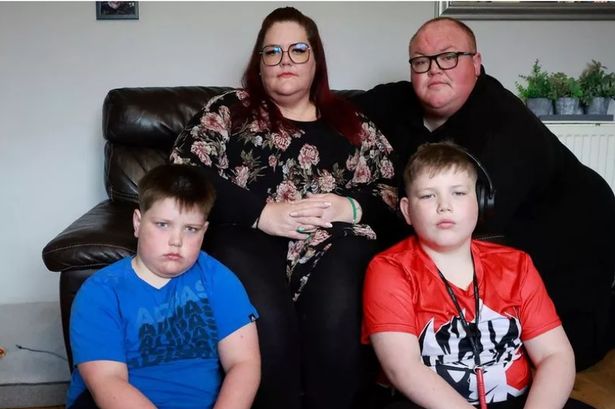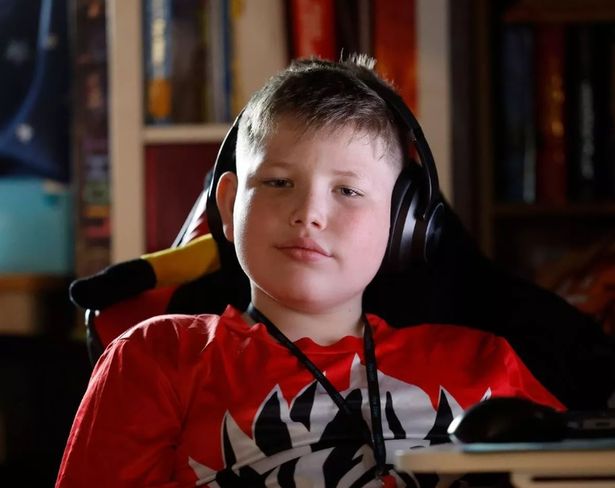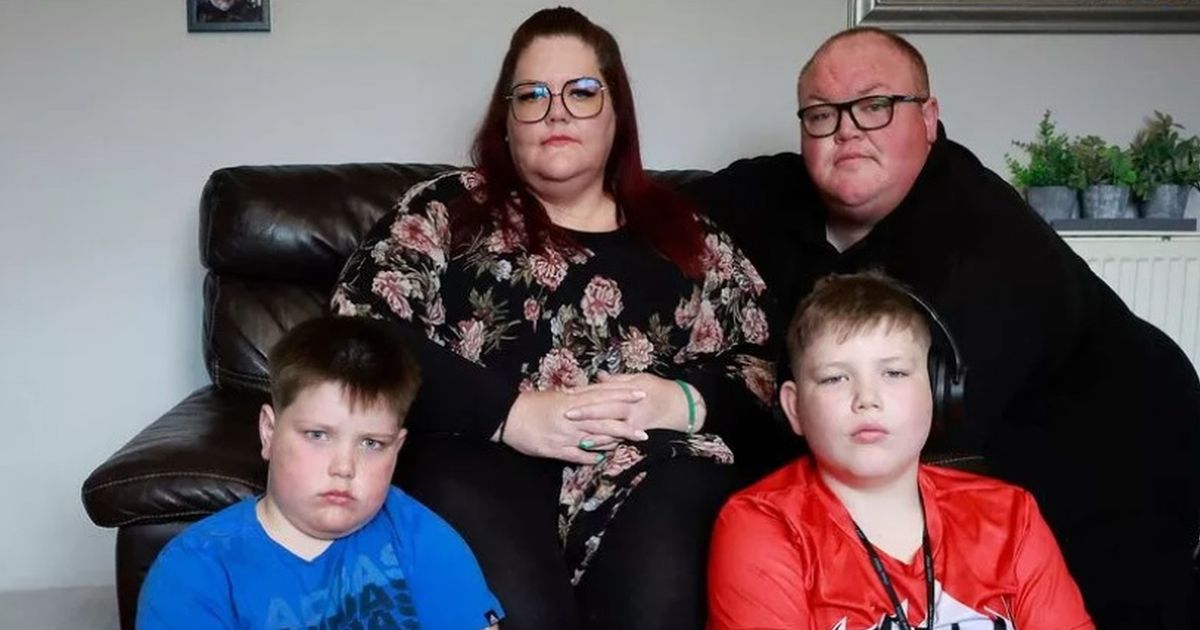An investigation by Edinburgh Live found 140 primary children and 978 pupils in council-run secondary schools have been placed on reduced timetables as schools struggle to cope.
Shocking new figures have revealed more than 1,000 Edinburgh pupils with additional support needs are attending school on a part-time basis.
An investigation by Edinburgh Live found 140 primary children and 978 pupils in council-run secondary schools have been placed on reduced timetables as schools struggle to cope.
But union leaders and teachers have warned this may be the tip of the iceberg, with concerns over underreporting and so-called ‘ghost pupils’ – who are registered with a school but never attend.
There are a number of reasons for children to be placed on a part-time timetable – commonly including behavioural issues leading to exclusion, additional support needs and those who are too anxious to attend.
In some cases a part-time education can be at the request of a parent and be effective if correctly monitored and applied.
But fears have been raised the measure is being used as a last resort when schools are struggling to meet the complex needs of pupils due to a lack of adequate resources.
Pam and Jason Whitefield said their son Joshua, 11, was receiving just half an hour of education a week – despite being registered as being in full attendance.

Another mum claimed her child was recorded as attending full-time – despite only being in school for two thirds of the day. She also alleged their child’s designated safe space in class was ‘under the teacher’s desk’.
Alison Murphy, secretary of teaching union EIS’ Edinburgh branch, warned reduced timetables were being used to mask a ‘child’s needs not being met.’
She said: “Reduced timetables ought to be structured properly and monitored, but often it can be a resource thing. Clearly what is happening more and more is that we are having kids with really complex needs in mainstream settings where we can’t meet their needs.
“We want kids in school learning but there has to be the right support and environment in place. Most teachers would probably say they are a necessary evil. They are done when you run out of other options. Often their needs are not being met in the classroom, they start to struggle and then their behaviour disrupts everyone else.
“I suspect we do not understand the scale of the problem. It is a complete and utter failure. The system is broken but it has been held together by sticking plasters like reduced timetables for a long time.
“It is not appropriate that we are seeing children spending class time under desks – but the reality is there is no alternative. The council and officers I’m speaking to know attendance is one of the biggest single issues to tackle.
“High level of absences has a huge impact on kids life chances later in life.”
 Join the Daily Record WhatsApp community!
Join the Daily Record WhatsApp community!
Get the latest news sent straight to your messages by joining our WhatsApp community today.
You’ll receive daily updates on breaking news as well as the top headlines across Scotland.
No one will be able to see who is signed up and no one can send messages except the Daily Record team.
All you have to do is click here if you’re on mobile, select ‘Join Community’ and you’re in!
If you’re on a desktop, simply scan the QR code above with your phone and click ‘Join Community’.
We also treat our community members to special offers, promotions, and adverts from us and our partners. If you don’t like our community, you can check out any time you like.
To leave our community click on the name at the top of your screen and choose ‘exit group’.
If you’re curious, you can read our Privacy Notice.
A senior primary school education leader said reduced timetables were being put in place in the absence of adequate resources, especially when it comes to pupils with additional support needs (ASN).
The teacher said: “No one feels like reduced timetables as a whole is making a difference.
“It is a fire break, it can break a habit, and when implemented well it can be beneficial, but often they can be used to mask a lack of resources.
“We do not have enough resources in school to keep kids safe and educated. Especially for those with ASN. We are failing so many kids.
“Teachers are passionate about teaching and while they want to be inclusive, they are finding it challenging when they have several dysregulated pupils disrupting class. “Some classes are being evacuated multiple times a day, with pupils and staff facing serious daily violence.
“This leads to reduced timetables being leaned on as a last resort in absence of other tools, even though in an ideal world none of us want to do that. In my experience the problem is widespread, it is not an isolated problem. In Edinburgh teaching circles this is a huge issue.”
The source said they believed the number of children on reduced timetables was underreported due to errors in the reporting system.
Edinburgh Live has seen several attendance records which have not been properly coded, showing pupils as attending school full-time without issue when they are on long-term and severely reduced timetables.
The source added: “Those in education don’t want to have a history of exclusion or reduced timetables as it can reflect badly on them.
“The system is broken, no one believes reduced timetables are a solution for the most part even though they can be implemented well in many cases.”
Scottish Liberal Democrat Leader Alex Cole-Hamilton said he feels children with additional needs are being let down.
He said: “The situation affecting children with additional support needs has deteriorated for every one of the nine years I’ve been in Parliament. Families are struggling for access to a diagnosis, proper educational support and for respite care, no wonder they are on their knees. For every year that a child sits on an NHS waiting list, or is denied access to education, they are witnessing their life chances evaporate in front of them.“
Edinburgh Council’s education, children and families convener, Cllr James Dalgleish, said the authority has a range of measures in place to support an inclusive education.
He added: “Our recent inclusion review brings resource closer to those who need it. This includes a team of specialists, including educational psychologists and trained ASN teachers, able to respond flexibly to learners’ needs as they present themselves, who work alongside school staff to support children and young people in our schools every day.
“A part-time or reduced timetable may be introduced as a temporary support strategy for a learner with an additional support need. A reduced timetable would always be put in place with the child’s best interests and wellbeing in mind and following agreement with parents/carers. The aim would always be for the learner to be supported to return to a full timetable.”
A Scottish Government spokesperson said all young people receive adequate support to thrive in inclusive education. They backed their presumption to mainstream policy and said legislation is in place to support pupils in specialist schools or units.
“Local authorities oversee the delivery of education, and have a statutory duty to provide for and to review the support they provide pupils with additional support needs (ASN),” they said. Work continues to meet the challenges that the growth in ASN presents and we are investing a further £29 million this year to support the ASN workforce, in addition to record spend of over £1 billion by local authorities on ASN in 2023-24.”
